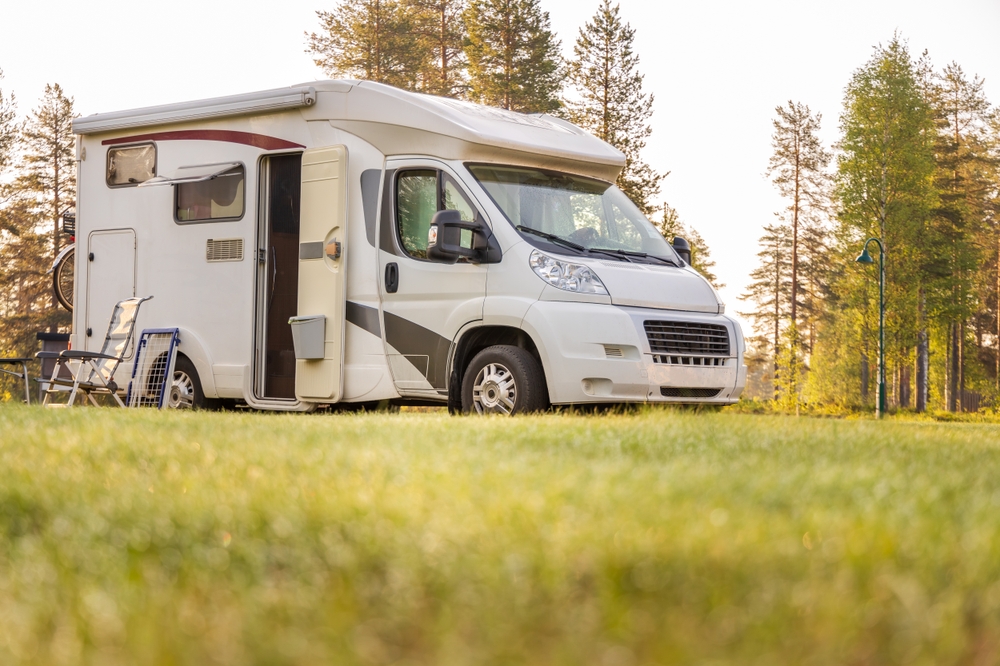The Renaissance of RV Travel: A Modern Spin on a Classic Journey
The open road, a flexible itinerary, and the comfort of having your accommodation on wheels. This is the allure of Recreational Vehicle (RV) travel, a time-honored tradition that is experiencing a significant resurgence in popularity. Whether it’s the desire for a more personal, flexible form of travel, or the appeal of a self-contained, safe space in a post-pandemic world, the RV travel trend is on the upswing. This article delves into the fascinating world of RV travel, taking a deep dive into its history, its current resurgence, and its implications for the travel industry.

A Journey through Time: The History of RV Travel
RV travel is not a new phenomenon. It dates back to the early 20th century when the first motorized campers were introduced. However, it was after World War II that RV travel truly took off, becoming synonymous with the great American road trip. The freedom and flexibility offered by RV travel resonated with the post-war ethos of exploration and adventure. The trend has ebbed and flowed over the years, influenced by factors such as the economy, fuel prices, and changing travel trends.
Modern Revival: The Current Resurgence in RV Travel
Fast forward to the present day, and RV travel is experiencing a significant revival. The COVID-19 pandemic has been a major catalyst, with travelers seeking more control over their environment. The self-contained nature of an RV, where travelers can sleep, eat, and travel in their own space, has added a layer of safety and comfort.
Additionally, the digital age has also played a role in the RV travel resurgence. With a growing number of people able to work remotely, the idea of a “mobile office” has become increasingly appealing.
Advantages and Challenges of RV Travel
RV travel offers numerous advantages. These include flexibility in travel plans, cost savings on accommodation and meals, and the ability to bring pets along. It also offers a unique way to connect with nature and explore less crowded, off-the-beaten-path destinations.
However, there are also challenges to consider. These include the initial investment or rental cost, fuel expenses, and the learning curve associated with driving and maintaining an RV. Additionally, finding suitable and available RV parks can be a challenge, particularly during peak travel seasons.
The Impact on the Travel and Transportation Industry
The resurgence of RV travel has had a significant impact on the travel and transportation industry. RV sales and rentals have skyrocketed, and RV parks are seeing increased demand. This has created opportunities for businesses to cater to this market with new products and services, from RV-friendly travel apps to luxury RV resorts.
Insights from the Road: Practical Tips for RV Travel
- Plan Ahead: Research routes and book RV parks in advance, especially during peak travel times.
- Practice Driving: Get comfortable with driving and parking the RV before hitting the road.
- Pack Wisely: Space is limited, so pack only what you need. Consider multipurpose items to save space.
- Be Flexible: One of the joys of RV travel is the flexibility. Be open to change your plans as you go.
As we journey into the future, RV travel is likely to continue its upward trajectory. As a travel trend, it offers a unique blend of freedom, flexibility, and safety that resonates with many modern travelers. Whether you are an experienced RV enthusiast or a curious newbie, there’s no denying that RV travel offers a unique and rewarding way to explore the world. It’s a modern spin on a classic journey, and it’s well worth considering for your next adventure.






